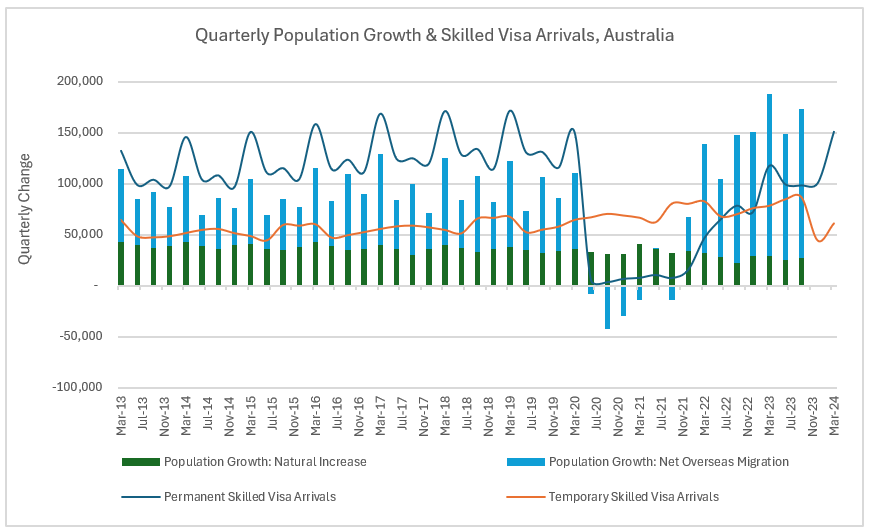Yesterday’s ABS migration figures reinforce the need to focus on migrants with housing skills so we can clear the 70% job vacancies in the housing industry.
Australia historically relies on migration to build our economy and the pandemic exodus of skilled labour has wrecked Australia’s capacity to deliver housing.
Few people know or appreciate the boost to our economy that a healthy pipeline of migrants contributes. Migrants have always carried us in terms of contributing to our GDP as they add 15.7% to our workforce participation rate, and 5.9% in GDP per capita growth*. Australia is a net importer of talent – and we can’t sustain our economy without international investment and migration.
Right now we have a critically low workforce across a number of industries, and so the problem is not that we are attracting too many people, the real issue is that we need to ensure that our skilled-migrant visas are prioritising those who have house trade and building skills and who can help build the houses we all need.
“The stark reality is that if we were to stop skilled migration now, at a time when we are 37% down on annual housing commencements, it would severely restrict the ability to increase the capacity needed to reach the already lofty housing targets,” said Col Dutton, UDIA National President.
“We clearly need a number of things to be operating at the same time,” he said:
- A planned strategy for infrastructure and housing, and the funding to enable the infrastructure – (roads and houses) and in doing so, close the growing gap in housing construction productivity so that we have dwellings to accommodate the essential population we need.
- A consistent inflow of international investors, because each single pre-sale apartment bought by a foreign investor, enables another apartment to be built for Australian residents.
- We must ramp up funding or incentives for education and training strategies that encourage students into trades. We need to bolster the pool of apprenticeships and domestic skilled workforce and rebuild the capacity of the industry.
Ensure the increased housing demand from migration is coordinated with housing targets set through a settlement strategy to ensure it does not worsen chronic housing shortages.

Source: ABS, UDIA
KEY STATS
- The latest ABS data on overseas arrivals and departures showed there was a total of 150,850 Permanent Skilled Visa arrivals in the March 2024 quarter which is a similar volume to that recorded in the March 2020 quarter prior to COVID impacts.
- There was also a total of 61,090 Temporary Skilled Visa arrivals for the March 2024 quarter which is 5% lower than March 2020 quarter, and around 9% higher than the decade average prior to COVID.
- While these latest Skilled Migration figures are heading back to long run averages there is still a significant shortfall of skilled migration required to address the virtual cessation of skilled visa arrivals across the March 2020 to December 2021 period.
- Australia’s population growth is underpinned by migration and given the broad based skilled labour deficits across the nation skilled visa arrivals should be the government’s clarion focus…
*According to a Migration Council of Australia report
–ends–
Media Enquiries:
Deanna Lane | Director, National Media & Communications | 0416 295 898 | media@udia.com.au

